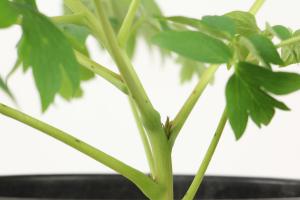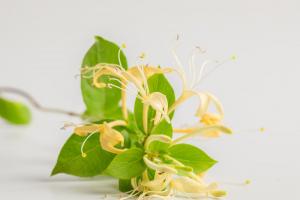Why Must You Drain Water from All Plants?
When it comes to plant care, few things are more important than paying close attention to how much water your plants receive. While many of us see watering plants as a simple task, it’s important to remember that overwatering or not draining the water properly can lead to severe damage or even death of the plant. So, must you drain water from all plants? The answer is yes. Let’s delve into the reasons why.
What Happens if You Don’t Drain Water from All Plants?
Before we explore why you must drain water from all plants, it’s important to understand the consequences of not doing so. When you water your plants, excess water pools in the bottom of the container. Plant roots need air as well as water to survive and too much water in the soil can suffocate the roots, leading to root rot. Root rot is a serious condition that can kill the plant, turning leaves yellow and brown and making them wilt.
Why Must You Drain Water from All Plants?
Now that we’ve discussed the dangers of not draining water from all plants, let’s take a closer look at why it’s essential to do so. When you water your plants, excess water trickles down and accumulates in the container. It’s important to drain this excess water to ensure there is enough air circulation around the roots. As we’ve seen, roots need oxygen to survive, and when they’re submerged in water for too long, they can’t get the oxygen they need, leading to root rot. Regularly draining excess water will help prevent such situations from occurring.
How to Drain Water from All Plants
Now that we’ve established the importance of draining water from all plants, let’s go over how to do it. We recommend using a container with drainage holes, as this will make it easier to remove stagnant water. Place the plant over a sink or tray and pour water into the soil until it starts to trickle out the bottom of the container. Wait about 10-15 minutes, then repeat this process two or three times, draining the excess water each time. By doing this, you will flush out any lingering salts or minerals and help aerate the soil, ensuring that your plants get the air and water they need to thrive.
Conclusion
So, must you drain water from all plants? Yes, you must. Whether you have a garden of plants or just a few potted ones, it’s important to practice good drainage to ensure that your plants grow healthy and strong. By being diligent about draining excess water, you’ll help prevent problems like root rot and fungal diseases from developing, and your plants will thank you with lush growth and vibrant blooms.

 how many times do yo...
how many times do yo... how many planted tre...
how many planted tre... how many pine trees ...
how many pine trees ... how many pecan trees...
how many pecan trees... how many plants comp...
how many plants comp... how many plants can ...
how many plants can ... how many plants and ...
how many plants and ... how many pepper plan...
how many pepper plan...





























